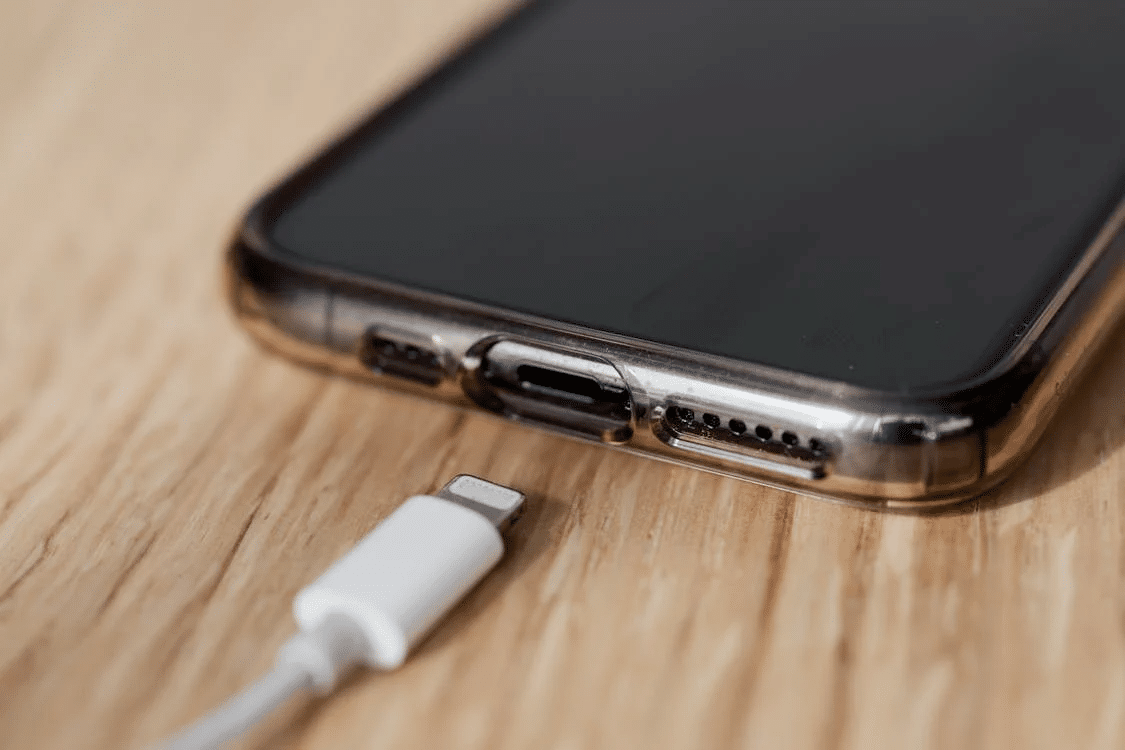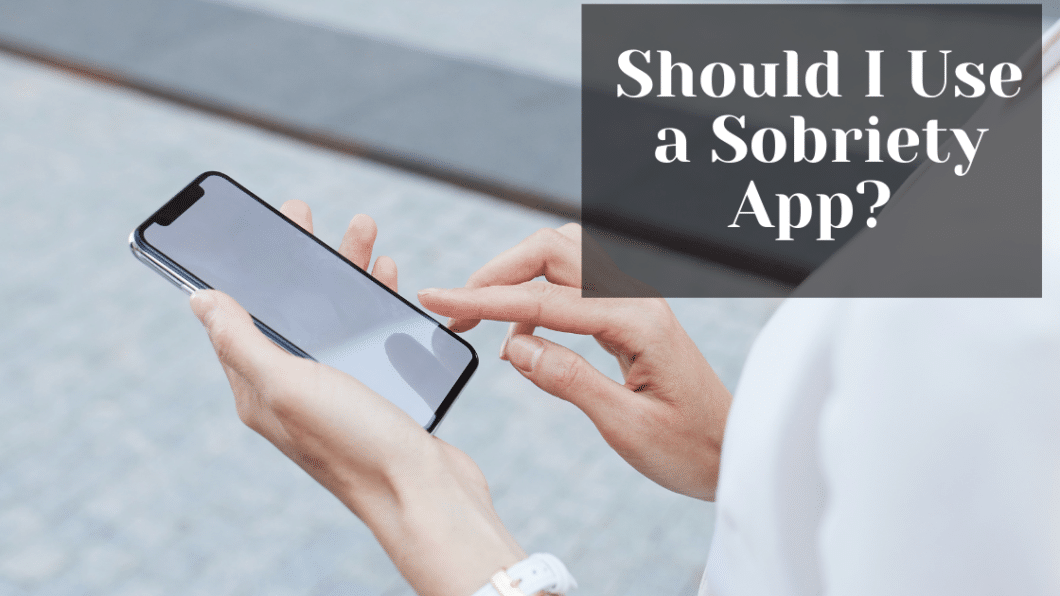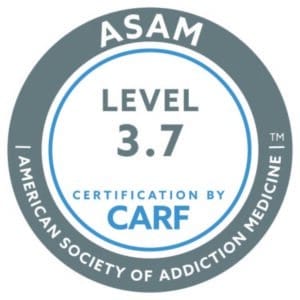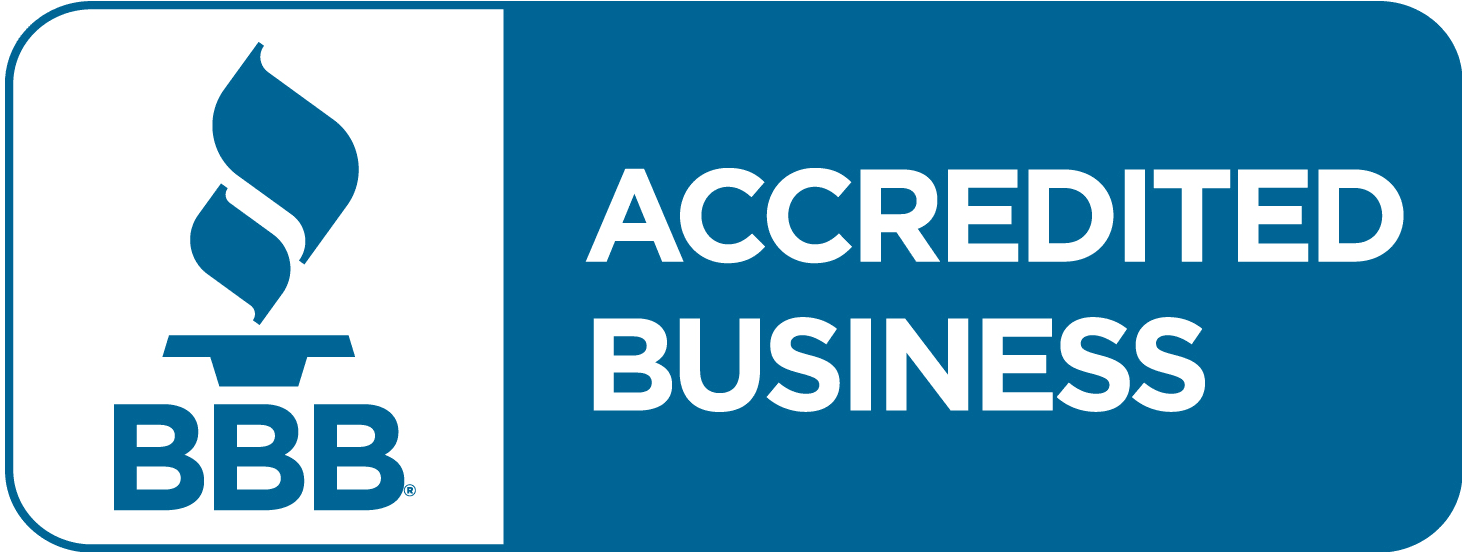If you’ve considered using a sobriety app, you aren’t alone. Digital solutions are becoming an increasingly popular way to stay accountable, track your progress and begin to make strides in eliminating bad habits.
Using sober apps and alcohol apps can have benefits, but also limitations.
For example, if you want to cut back on your drinking, a sober app can be a good way to help you do that. If you’re struggling with addiction to drugs or alcohol, an app alone isn’t likely to help you begin recovery.
We’ll talk more about the situations where a sober app can be helpful below and what you should know.
Different Types of Sobriety Apps
There is a wide range of sobriety apps available.
Some of the most popular general types of substance abuse and alcohol-related apps include:
- Certain apps will provide you with recovery resources. For example, some apps have elements of 12-step programs like Alcoholics Anonymous, so you can refer to them and easily integrate them into your daily life.
- Tracking apps with sobriety clocks or a sobriety counter help you see how many days you’ve been sober. Some of these sobriety trackers and sobriety calculator apps also have tools that allow you to work on building new habits. These are a good way to review your progress, see how well you’re meeting your goals, and identify potential patterns that could harm your sobriety.
- Social networking apps are available to connect you with other people going through their recovery or working to stay sober from drug or alcohol abuse. You can use these apps anonymously if you choose. Social networking apps will often include feeds where you can post, and you may have the ability to send private messages as well.
- Apps geared toward the recovery process might have withdrawal timeline examples for drug and alcohol addiction, so you have a better idea of what to expect daily as you go through the process.
- Encouragement and motivational message apps might offer you spiritual wisdom when you need it, and some of these platforms will also have milestone awards. Some apps offer positive affirmations on your phone that you can speak aloud and use as a coping mechanism.
- Meditation and mindfulness apps don’t necessarily have to be specifically geared toward addiction recovery and sobriety to be helpful. These apps can help you remember to get back into the present when you’re struggling. Meditation and mindfulness are often key parts of recovery and staying sober for many people.
- There are apps designed to help you find support and recovery group meetings near you, wherever you might be, which is helpful for your sober journey.
- You can use a mobile app to connect with a counselor or therapist when you need to, even when you’re on the go. Some of these apps offer access to behavioral therapy.
When Are Sober Apps Helpful?
As you can see above, there are many types of sobriety app options available, which can have numerous benefits in your life.
Some situations when these apps are especially helpful include:
- You’re feeling a little down or like your progress in your recovery journey is stalled. Using a tracker app can be a good way to see how far you’ve come.
- If you’re in a situation where you’re experiencing a relapse trigger or a highly stressful situation, using apps can be a way to identify and put into action coping strategies.
- If you’d like social support at the moment, perhaps when you’re struggling or have something you’d like to share, apps can provide you with a sense of connection.
Examples of Apps for Sobriety
Some of the most popular apps with positive reviews geared toward sobriety and recovery include:
- Twenty-Four Hours a Day: As one of the most popular alcohol reduction apps, Twenty-Four Hours a Day provides daily meditations, giving you access to inspiration when you need it. You can save your favorite meditations and refer back to them when you want. You can conveniently search the messages by keyword.
- I Am Sober: This top-rated app is a sobriety counter and sobriety tracker that helps you keep up with your milestones and sober days. You can quickly get a status report whenever you use the app. You can also make daily pledges which are a manageable way to stay on track with reductions in alcohol consumption or drug use. There’s an option to access a 24-hour companion.
- Sober Grid: The Sober Grid app primarily connects with other people who are dealing with or in recovery from substance use disorders. The feed is laid out similar to Instagram, and you can post and send private messages. You can find sober friends near where you live or build an online network of social support. Recovery coaching and around-the-clock peer support are available through the platform. Some of the features of Sober Grid are available as app purchases. Sober Grid has mostly positive user ratings.
- Nomo: A recovering addict created this simple clock app, available on the App Store. App users can create clocks tracking their sobriety and other habits. There are an encouragement wall, journaling, exercises, and games to get back on track when you need to. A unique feature of Nomo is its tracker that helps individuals in recovery see how much money they’ve saved through sobriety by reducing their substance or alcohol intake.
- I Am: The I Am app helps you regain control over your emotions and mental health with positive affirmations, daily messages, and motivational quotes. You can deal with your fears about your recovery or anxiety about general life. I Am’s concept is that speaking words of positivity out loud is a powerful coping mechanism.

Can Apps Help You Get Sober?
If you find that your substance use or drinking habits are becoming problematic, you might want to make a behavioral change. You could have specific goals, like weight loss or being more present, so you decide you’d like to cut down on your use of drugs or alcohol.
The desire to change your habits doesn’t mean you have an addiction. Even what you feel is excessive alcohol consumption doesn’t necessarily mean you have an alcohol use disorder.
If you don’t think you have an addiction but you’d like to make changes in the patterns of your life, then sobriety apps could be a helpful tool to cut down your alcohol consumption.
If you have a substance use disorder, you should consider treatment. Then, a sobriety app can be part of your recovery plan after your complete treatment.
An app on its own isn’t going to be the same as getting treatment for an addiction to drugs or alcohol. Addiction is a chronic medical condition and a disease that affects every part of your life, meaning you need comprehensive treatment.
Signs of addiction, according to organizations like the Mental Health Services Administration, can include:
- Obsessive actions and thoughts—when someone has a substance use disorder, a diagnostic criterion is an obsession or preoccupation with the substance. For example, addiction can lead to giving up on other obligations like school, work, or family to use the substance.
- Continued use despite harm—if you have an addiction to alcohol or drugs, you might keep using it even though you know it harms you in some way, physically or mentally. Harmful drinking or drug use can include getting in dangerous situations when under the influence or drinking to blacking out. Harmful alcohol consumption or drug can also mean serious health concerns arise, and yet you find you’re still unable to cut back or stop.
- Denial—with alcohol or drug addiction, denial or hiding the problem often occurs.
Drug or alcohol dependence can also occur. If you’re physically dependent on a substance and stop using it suddenly, you may have withdrawal symptoms. Withdrawal symptoms can be dangerous, so you shouldn’t try to manage them on your own or use an app without talking to a medical professional.
Getting Help for Addiction in Orange County, CA
If you’re struggling with dependence or addiction, it’s important to get professional help. If you’re ready to reach out, we can provide you with more information about drug or alcohol treatment.
Recovery apps can be helpful once you get treatment to help you track your progress and improve accountability. Many people in recovery find a digital interventions like addiction recovery apps helpful to them to support long-term recovery. However, the first step to recovery from drugs or alcohol should always be treated. To learn more about treatment options in Orange County, CA call 855-953-1345 and talk to a member of the Opus Health team.








